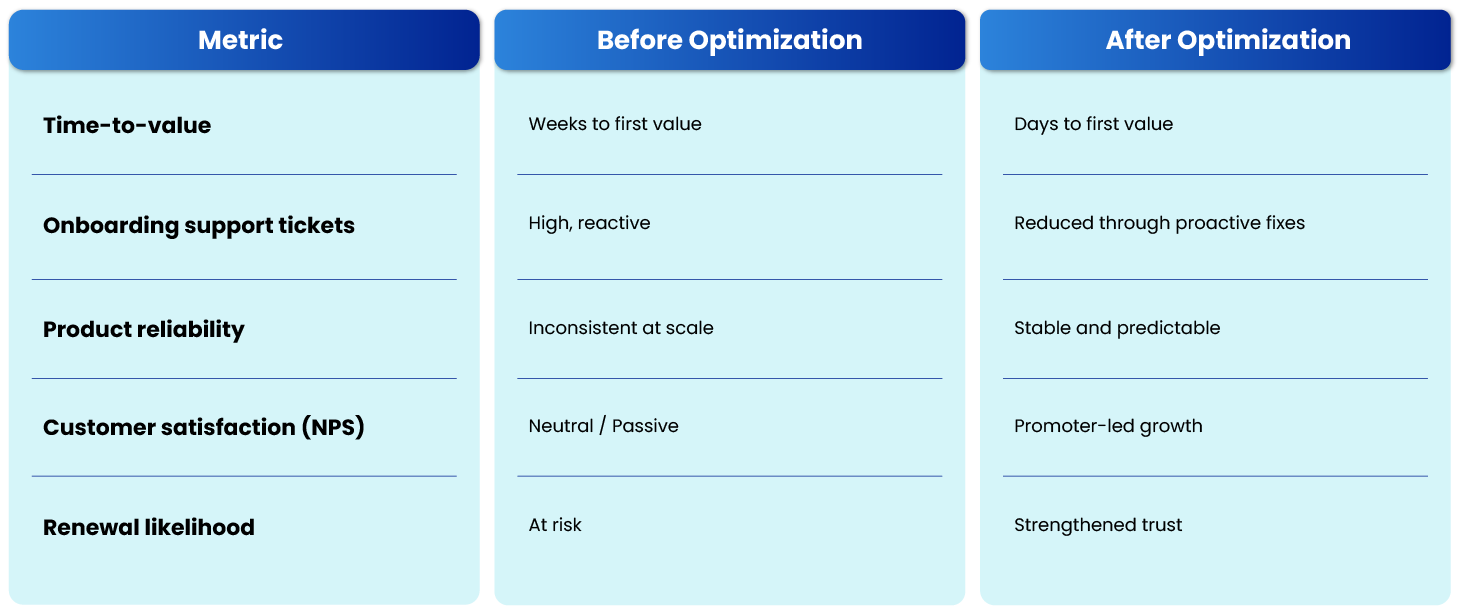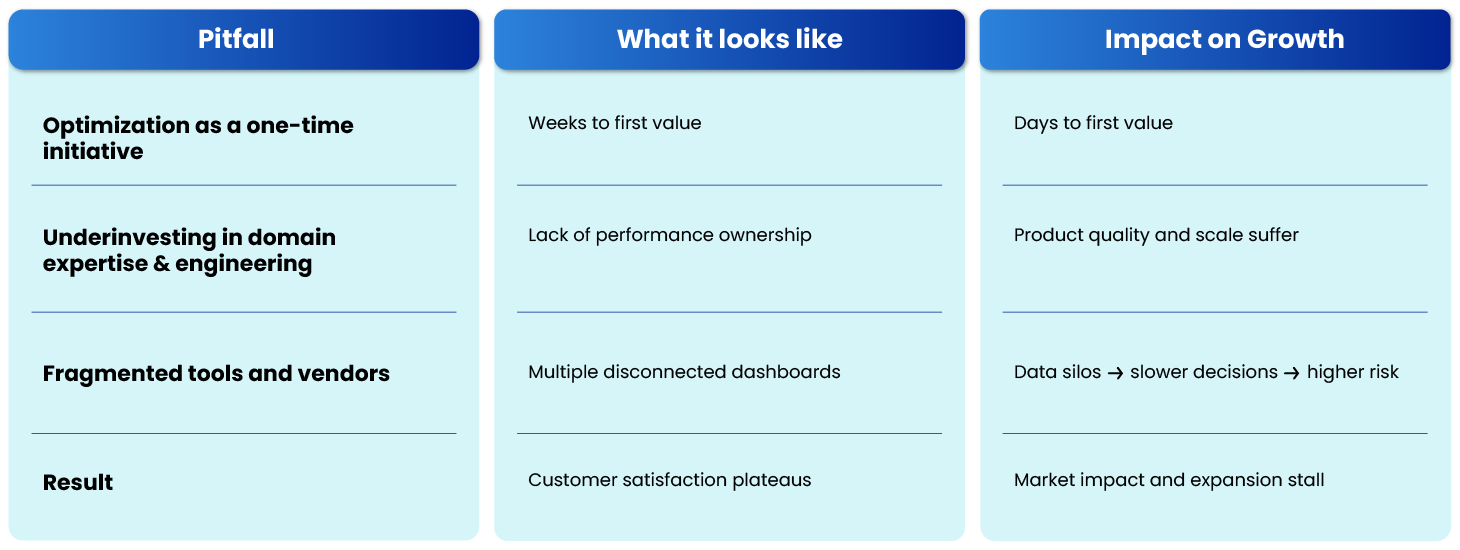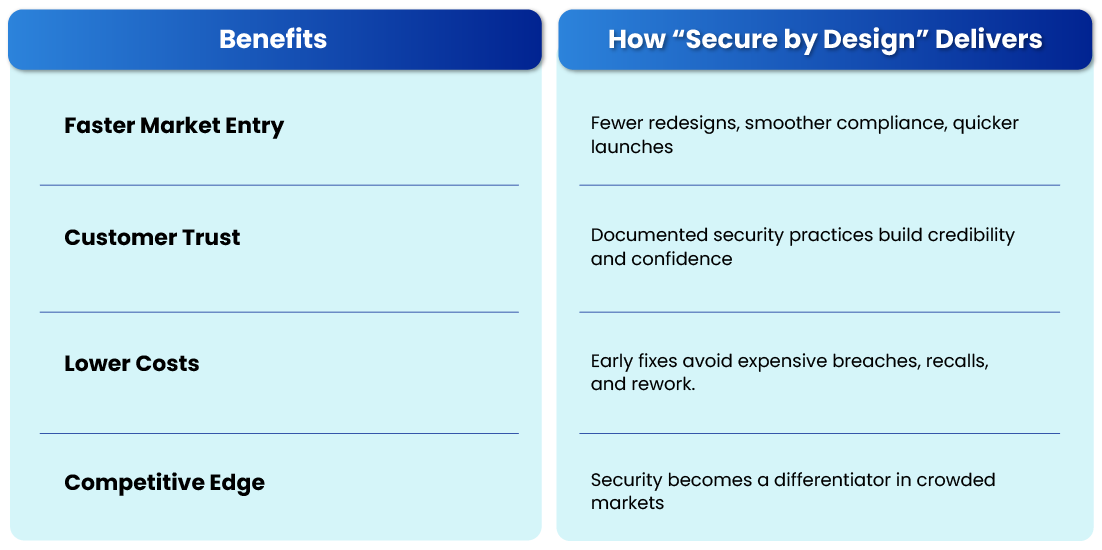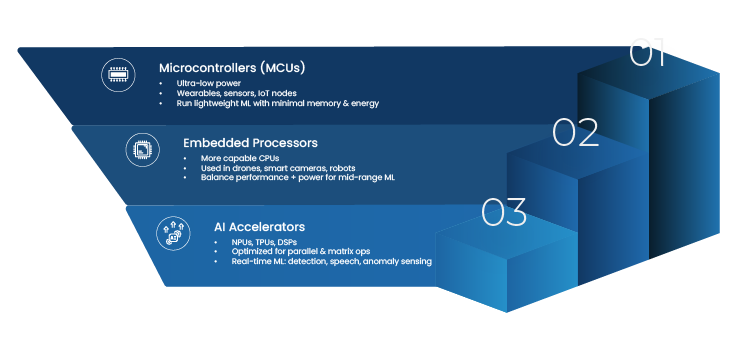Maximizing Profitability Through Value Engineering: Lessons from Companies That Reduced PPx Costs by 30%
Snippet
PPx often conceals fragmented spending, inefficient processes, and under-optimized supplier contracts that silently erode margins. At an enterprise scale, value engineering moves beyond simple cost cutting—it strategically rethinks demand, specifications, workflows, and vendor partnerships to unlock structural savings. Organizations that successfully reduce PPx costs focus on five critical levers: spend visibility, demand rationalization, specification optimization, supplier consolidation, and digital process automation. The outcome is sustainable profitability growth without sacrificing quality, speed, or operational resilience.
In many industrial enterprises, PPx (Plant & Process Engineering) quietly consumes 25–40% of operating expense and a substantial share of capital deployment — often exceeding SG&A in asset-intensive environments. Yet enterprises rarely have full transparency into how much of that spend directly improves throughput, yield, reliability, or unit cost. The issue is seldom over-investment in growth; it is structural complexity: duplicated engineering standards across sites, unmanaged process variation, bespoke equipment configurations, and legacy systems layered over time that dilute returns.
Leading operators show that disciplined value engineering can reduce PPx costs by 25–35% while sustaining — and often improving — output, safety, and reliability performance. The shift is strategic rather than tactical: from project-driven expansion to margin-accretive process design and asset optimization. For enterprises, PPx optimization is not cost cutting; it is capital allocation discipline — protecting EBITDA, strengthening asset productivity, and ensuring engineering investment delivers measurable economic return.
The Hidden Cost Structure of PPx
In asset-intensive organizations, PPx cost inflation rarely appears as a single large line item. It accumulates gradually — embedded in design choices, capital approvals, site-level autonomy, and legacy decisions that compound over time. What begins as operational flexibility often hardens into structural inefficiency. For boards, the risk is not visible overspend, but embedded complexity that suppresses asset productivity and erodes return on invested capital.
A. Where Cost Inflation Happens
1. Overlapping Product Lines and Process Configurations
Multiple production variants or parallel process lines designed to serve marginal demand differences drive duplicated tooling, maintenance regimes, and engineering oversight. Incremental revenue rarely offsets the fixed-cost burden embedded in the asset base.
2. Excess Customization by Region or Site
Local engineering autonomy can result in bespoke equipment specifications, control systems, and safety protocols. While intended to optimize for local conditions, the outcome is fragmented standards, higher spare parts inventories, and limited economies of scale in procurement.
3. Legacy Architecture and Technical Debt
Layered control systems, outdated automation platforms, and incremental retrofits create operational fragility. Maintenance costs rise, downtime increases, and capital is repeatedly deployed to patch rather than redesign.
4. Overbuilt Capabilities with Low Utilization
Facilities are frequently engineered for peak demand scenarios that seldom materialize. Idle capacity, oversized utilities, and redundant redundancy inflate depreciation and energy costs without proportional revenue contribution.
5. Inefficient Vendor Ecosystems
Fragmented supplier bases and project-by-project contracting reduce negotiating leverage and standardization. Engineering teams spend time managing interfaces instead of optimizing process performance.
6. Under-Leveraged Shared Engineering Services
When design, procurement, and maintenance engineering are replicated across sites, organizations forfeit scale advantages. Centralized standards, modular design libraries, and shared technical centers are often underutilized.
Real Cost Impact of Product & Process Complexity:
Research across manufacturing firms shows that as product variety increases, roughly 75% of total revenue comes from only about 13% of the product portfolio, highlighting how a small share of products often drives most profits — while complexity costs from the remaining portfolio drag on margins
Even without digging into line-by-line engineering budgets, boards can detect warning signs that PPx (Plant & Process Engineering) spend is becoming inefficient. These symptoms often precede margin erosion and reduced return on capital, and they are critical signals for executive oversight. The diagram below represents the symptoms:
What Value Engineering Actually Means at Enterprise Scale
At the enterprise level, value engineering is far more strategic than simply cutting features or trimming budgets. It is a disciplined approach that ensures every engineering investment — whether in plant design, process improvement, or capital projects — delivers measurable economic return. High-performing organizations treat value engineering as a lens for capital allocation, not just cost control.
Re-aligning Investments with Monetizable Value Pools
Complex, bespoke designs add hidden costs across operations, maintenance, and supply chains. Standardizing plant layouts, modularizing equipment, and rationalizing control systems reduce duplication and incremental costs, while preserving flexibility.
Standardizing Where Customers Do Not Pay for Differentiation
Many engineering investments are made to satisfy internal preferences or minor customization that customers do not value. Standardization of non-differentiating elements ensures resources are deployed where they create competitive advantage.
Repricing and Repackaging to Match Value Capture
When investment aligns with delivered value, organizations can optimize pricing, throughput incentives, and product availability. This ensures that engineering spend translates directly into economic benefit, rather than incremental complexity or unused capacity.
The Five Levers That Deliver 30% PPx Cost Reduction
Achieving a meaningful reduction in PPx spend requires strategic levers, not ad hoc cost cutting. Leading enterprises systematically address complexity, inefficiency, and misaligned investment to free up capital while sustaining growth.
Portfolio Simplification
Boards should ensure the organization focuses on what truly drives value. This means eliminating redundant features, sunsetting low-margin or low-adoption product variants and concentrating resources on capabilities that differentiate the business and support monetization. The goal is a leaner, higher-return portfolio.
Architecture Rationalization
Overbuilt, bespoke systems create hidden costs. Rationalization emphasizes modular, reusable components, reduction of technical debt, and platform standardization. By simplifying architectures, organizations reduce marginal costs, improve maintainability, and accelerate innovation.
Vendor & Ecosystem Optimization
Inefficient supply chains and fragmented vendors inflate costs. Consolidating suppliers, renegotiating enterprise-level contracts, and strategically deciding what to build versus buy ensures the organization captures scale advantages and reduces redundancy.
Data-Driven Feature Investment
Decisions must be grounded in hard metrics. Investments should prioritize features or process improvements with measurable contribution margin, retiring underperforming initiatives, and aligning roadmaps to monetizable outcomes. This ensures capital drives economic value, not activity.
Governance & Capital Allocation Reform
Disciplined oversight is essential. Implementing stage-gate investment processes, enforcing ROI thresholds, and establishing an executive-level PPx review board ensures every engineering dollar is evaluated, approved, and monitored for impact. Governance converts strategic intent into measurable financial results.
Driving PPx Value Through Strategic Partnership with Utthunga
In today’s competitive industrial landscape, structured value engineering is no longer optional — it’s a strategic imperative that drives profitable growth. Achieving up to 30% PPx cost reduction is best realized through close partnerships with expert engineering firms. An experienced partner aligns investments with business outcomes, standardizes processes, and embeds data-driven decision frameworks.
Utthunga is one such partner, helping organizations optimize plant and process performance through advanced automation, digital twin simulations, and standardized engineering practices. By rationalizing systems, consolidating vendor ecosystems, and embedding data-driven decision frameworks, Utthunga delivers measurable reductions in operational costs, improved asset reliability, and faster project execution.
Contact us to learn more about our services.













